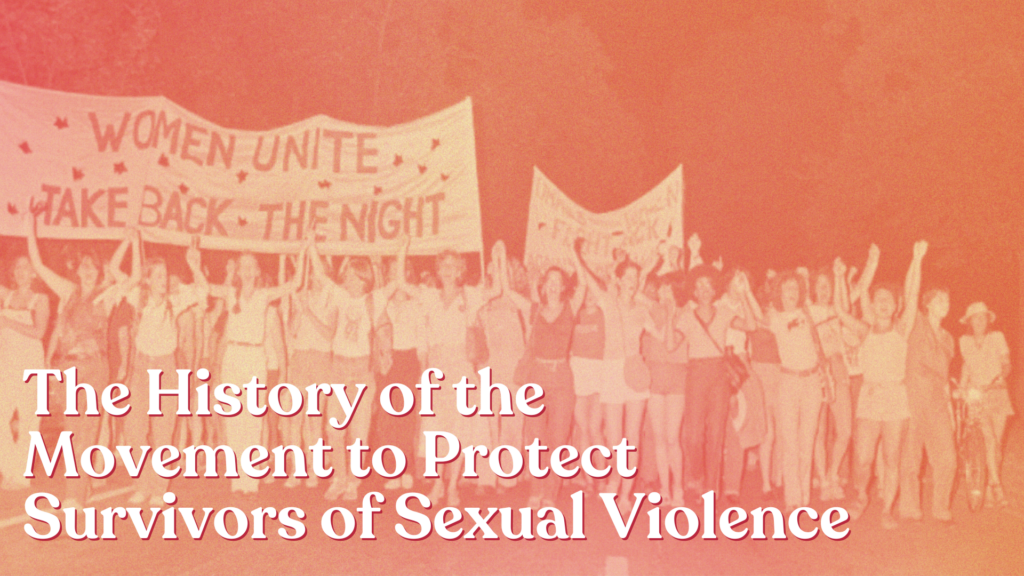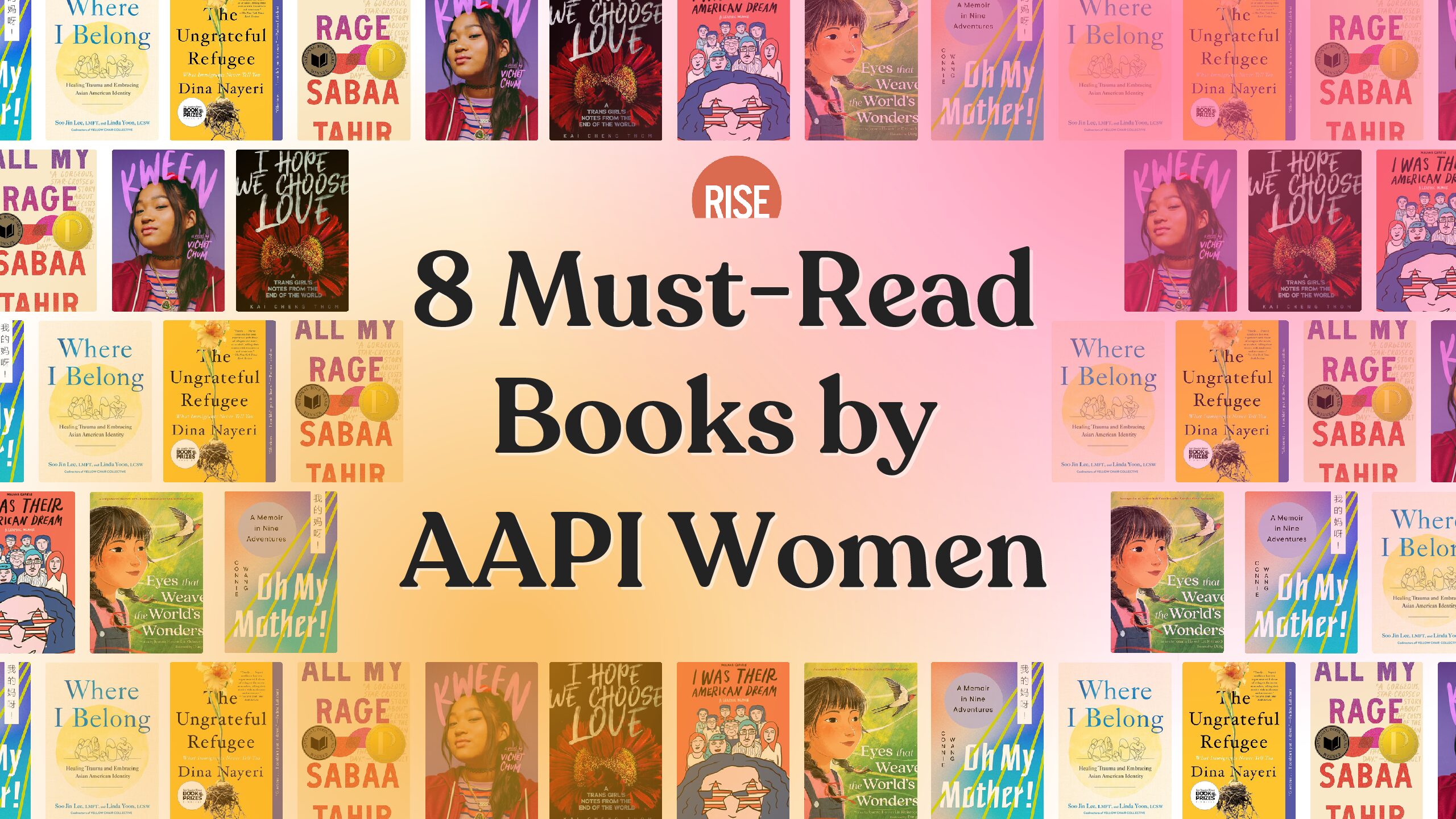As the holiday season approaches, it’s important to recognize that while this time of year may bring joy for many, it can also be particularly challenging for survivors of sexual and domestic violence. Navigating family gatherings and festivities may evoke overwhelming emotions, making allyship and support crucial during this sensitive time. This guide provides tangible steps for allies to create a supportive environment, centering survivors’ voices and fostering understanding throughout the holiday season.
1. Center Survivors’ Voices:
The foundation of effective allyship lies in centering survivors’ voices. Actively listen and believe them when they share their stories. Create a safe space for open dialogue, especially for those who may be opening up for the first time. Express your support with empathy, saying, “Thank you for trusting me with your story. I believe you, and I’m here for you. You are not alone.”
2. Respect Boundaries:
Respecting survivors’ boundaries is crucial. Give them agency in setting the pace for interactions, understanding the sensitivity of certain topics. Regularly check in, but also be attuned to cues indicating when they need space. Fostering an environment of trust allows survivors to navigate their healing journey with autonomy and control.
3. Create a Safe Space:
Be sensitive to potential triggers and proactively create a safe environment. Understand the impact of certain situations and work collaboratively to establish secure spaces. Avoid jokes about sexual assault and victim-blaming, ensuring everyone feels comfortable. Ask, “How can I help you feel safe?”
4. Respect Survivors’ Choices:
Acknowledge the uniqueness of each healing journey and respect survivors’ decisions. Avoid imposing judgments and offer unwavering support for their autonomy. Validate their choices, fostering an environment of trust and understanding.
5. Call Out Bad Behavior:
Be an active ally by denouncing systemic issues. Distance yourself from known abusers, both professionally and personally. Challenge inappropriate comments, avoid perpetuating victim-blaming, and actively contribute to a safer environment.
6. Stay Connected:
Consistent communication is key. Check in regularly, extending support beyond the holiday season. Show that you’re there to listen without judgment, creating a reliable source of encouragement. By staying connected, you reinforce a sense of care that lasts beyond specific moments.
7. Offer Resources:
Remind survivors that seeking help is a sign of strength. Provide information on resources such as RAINN (800.656.HOPE or online.rainn.org) and www.risenow.us/resources. Encourage the exploration of Survivor Safe Havens for additional support.
In the spirit of compassion and solidarity, allies play a pivotal role in creating a safe and empowering space for survivors during the holidays. By actively listening, respecting boundaries, and staying connected beyond specific occasions, we contribute to an environment of understanding and support. Let this guide serve as a reminder that allyship is a continuous commitment—one that extends well beyond the holiday season. Together, we can foster resilience, empowerment, and healing for survivors, making every moment a step towards a brighter, more supportive future.




